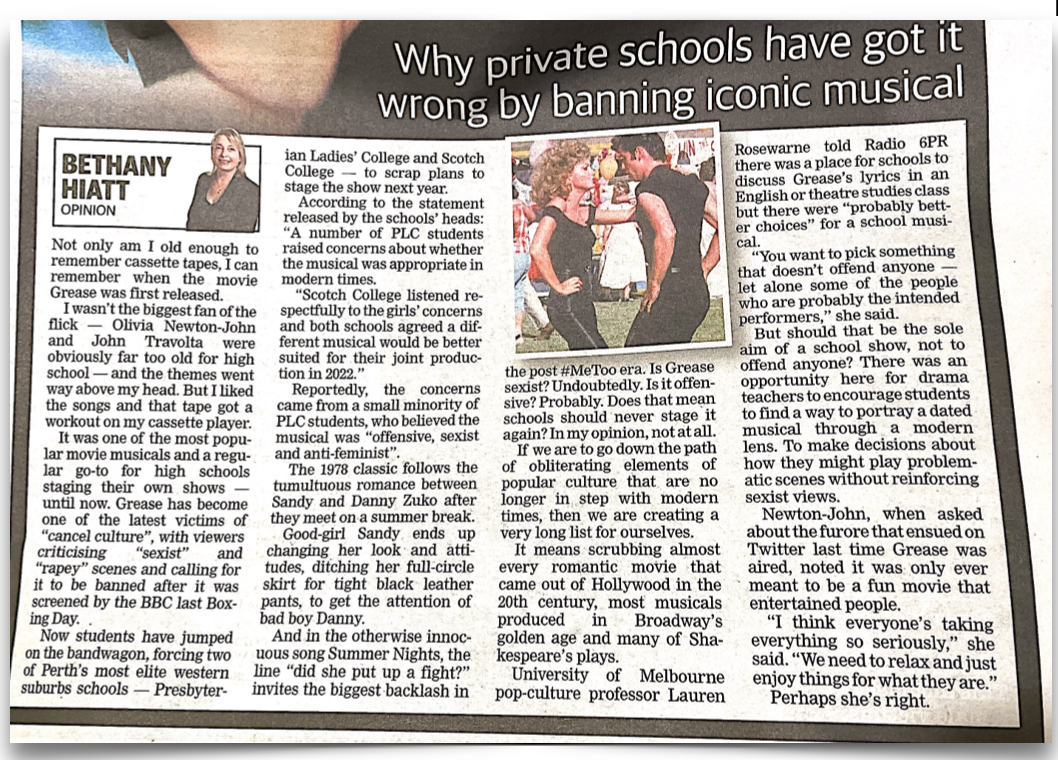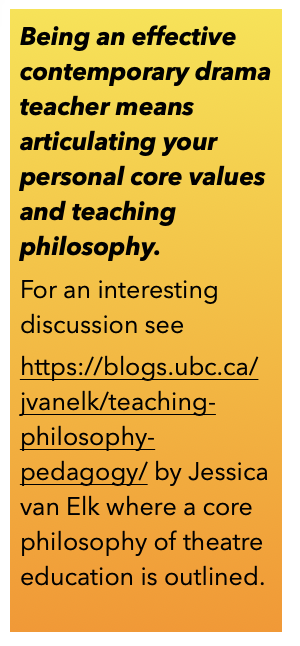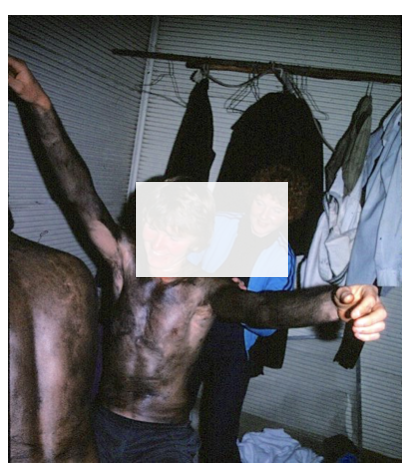Drama Tuesday - Casting the First Stone
/In my previous post I noted the report on The West Australian about the school production of Grease being cancelled.
…students have jumped on the bandwagon, forcing two of Perth’s most elite western suburbs schools –presbyterian Ladies’ College and Scotch College - to scrap a stage show next year.
According to the statement released by the schools’ heads: “A number of PLC students raised concerns about whether the musical was appropriate for modern times.
“Scotch College listened respectfully to the girls concerns and both schools agreed…”
Leave aside the implied values of terms like “most elite”. I am no advocate for Grease. In fact, I have often wondered about its underlying message and depiction of gender issues. But I do open discussion on two issues about censorship and those who censor.
What is (or is not) appropriate for inclusion in drama classes?
Who makes the choices about what topics or plays are explored in drama?
Plato’s famous disparagement of theatre and forms of representation is often echoed in forms of distrust and fear in our own times. The Puritans – and the new Puritans of our own times – rail against drama. Sometimes out of fear and sometimes from misunderstanding the nature of the experiences of identification and catharsis that lie at the heart of what happens when we witness others taking on role. In a forthcoming chapter I mention that some people dismiss drama: “Drama is just pretending/a form of lying or dishonesty/unleashes undesirable thoughts and feelings/encourages rebellion/challenges authority/is subversive” (Drama teacher education – a long-view perspective Robin Pascoe https://orcid.org/0000-0002-9650-892X )
There are plenty of people with varied agendas who find the presence of drama in the school curriculum as challenging them and their authority.
But, it does bring us as drama educators to fundamental questions: what is appropriate content for investigation through drama? Is there any topic beyond bounds? Is there any language that is inappropriate? Are there any plays that we should keep away from children and students? (As often as Shakespeare is held up as the given canon for study, there are the critics like Dr Bowdler who deemed it fitting and proper to bowderlise the Bard – to expurgate, omit or modifying the parts considered offensive and morally objectionable.
What is interesting about this moment in time is that we are seeing different groups of people taking on the roles of censors. The conventional image of the Mrs Grundy Censor – elderly, judgmental, narrow-minded – is giving way to an equally judgmental activist younger person.
The debate on cancel culture is hot and divisive. At times it does call out questionable practice. It can also cripple debate. It is hijacked by political hacks. But the drama classroom cannot be immune to the culture in which we live.
In the current unit I teach, I ask students to articulate their Theoretical Frameworks as a set of lenses through which to view Crucial Incidents in their Professional Practice. That involves stating and exploring their knowledge and theories of knowledge (epistemology); they need to explore their worldview (ontology); they need to recognise they have developed ideology; and, that their values (axiology) impact on their practice (praxeology). All those baffling scary –ology words
No drama teacher can retreat to a hermetically sealed drama room.
Drama education must be a part of its wider world.
Mea culpa
I don’t want it to be thought that I haven’t been guilty about this issue. (One of my tag lines as a drama educator was that, with hand on heart, I could say that I teach from experience because I have made almost every mistake in the book and lived to tell the tale).
Looking through old production photos I found this from one of our productions (production name and place discretely withheld; faces obscured).
In the spirit of involving the whole school in the “school production” we persuaded the Student Councillors (male, of course) to make a cameo appearance as wandering desert Aboriginals clad in footie shorts and charcoal daubed bodies. Yes, looking back, it was a cringe-worthy moment. It’s no justification to say that there was only one indigenous student in the school (cultural issues of place meant the town was avoided) In the current climate and with what we now know and think, we wouldn’t do this. We were younger and greener. And, "the past is a foreign country; they do things differently there." (wrote L.P. Hartley inThe Go-between), echoing, perhaps, Kit Marlowe.
Would I do it now? Of course not. But it is useful to remind ourselves that we change and grow and develop across our careers. We are not the people we once were when we began – and. that is mostly a good thing. The passion and the drive we began with still can burn but it needs to be tempered in the crucible.
See also https://ncac.org/resource/the-show-must-go-on the Educational Theatre Association (EdTA), in collaboration the American Alliance for Theatre and Education (AATE), and the Association for Theatre in Higher Education.











